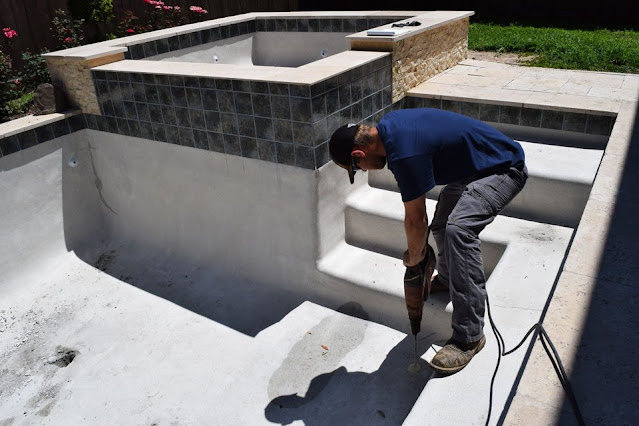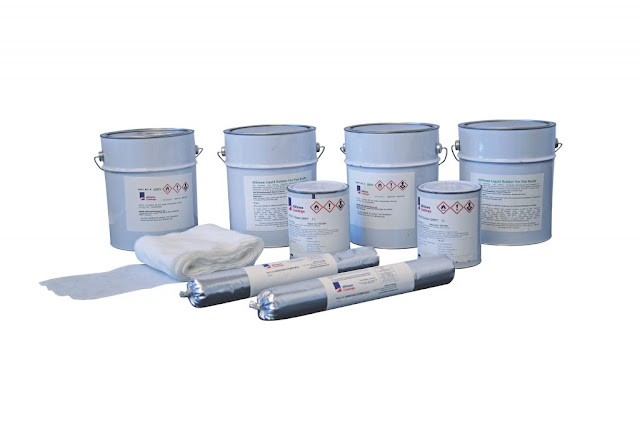How To Waterproof Your Concrete Pool Effectively?

For those who are going to build or do a renovation and are thinking about installing a concrete pool, a fundamental point to be considered is the waterproofing of concrete pools. This is because this preventive attitude is what ensures that the structure of the pool and around it does not suffer from moisture and, thus, is not damaged by the deterioration of the concrete, incidence of cracks and cracks, proliferation of fungi and other damage that can expose to risks the people who come to use the space.
Bearing in mind that the waterproofing of concrete swimming pools is a measure that also promotes the safety and well-being of people, it is important to consider issues such as the most suitable material for waterproofing, after all, there are several products available on the market, such as polyureas, asphalt blankets, polymeric mortars, among others.
What material to use for waterproofing concrete pools?
In order to waterproof concrete pools, one must take into account the climatic and environmental characteristics, as well as the activities to which the waterproofed location will be exposed.This is because the pool is a place where the waterproofing agent will be constantly immersed in water, in addition to being exposed to climatic variations, suffering positive and negative pressure, friction, among other natural incidences of use. Thus, the waterproofing coating of the pool needs to be flexible, in addition to being resistant to movement and friction.
Now, if cracks appear with an opening of a few millimeters, they must be caulked with elastic, asphalt, or polyurethane mastics prior to the waterproofing layer. The application of the mastic is done by opening a V-section with 1.5 cm on the surface and about 1 cm deep along the crack, exactly where the mastic will be placed. After curing, waterproofing is carried out, reinforcing it at the crack sites.
It is for all these issues that need to be considered, that the waterproofing of concrete pools must be done, invariably, by a team with technical knowledge and qualified to analyze the entire space to be treated.

Know how to choose the ideal waterproofing for each type of pool
Waterproofing is indispensable for any area or surface that has contact with water or moisture, especially swimming pools. Both those built-in houses and those made in apartment roofs must receive a well-made coating, with waterproofing systems molded-in loco or with precast.According to the architect Camila Klein, to guarantee the best results, waterproofing must still occur in construction, since waterproofing foundations is essential. If performed correctly, the procedure will prevent the structures from being 'attacked' by moisture, protecting them against wear, cracks, fungi, corrosion of the reinforcement, deterioration of the concrete, peeling of paints, among other consequences.
It is worth remembering that leaks are worse in swimming pools than in any other place that has contact with water, because, in addition to compromising the concrete structure, they result in high water consumption and infiltrations in the subsoil and in the structure of the property.
Contrary facing popular belief, each pool requires a type of clear waterproof sealant. Several details influence the project, such as the location, type, and slope of the soil, the amount of water or humidity expected in the environment, the condition of the structures, until internal or external use. "All of these are factors to be analyzed before starting waterproofing", explains the engineer.



Comments
Post a Comment